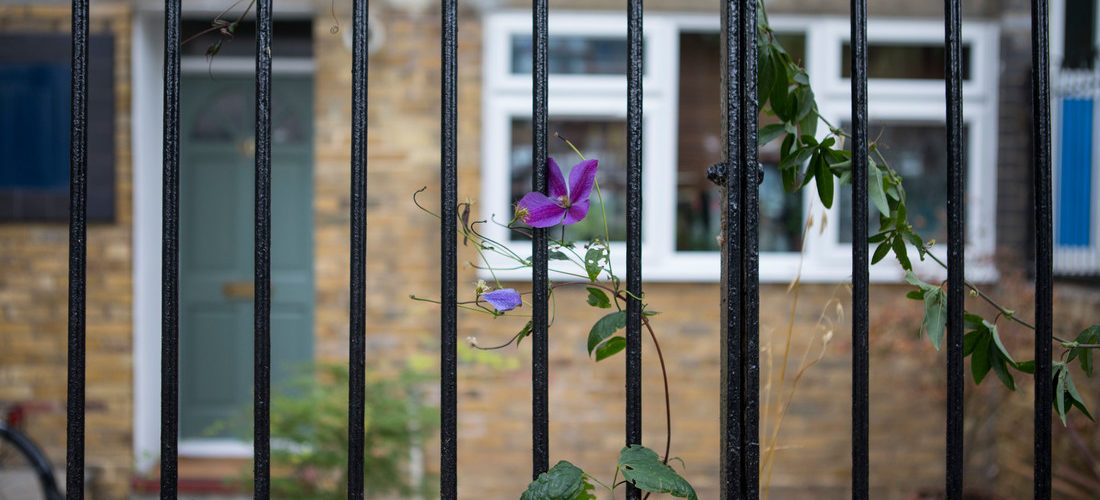The report ‘If Not Now, When?’ from the Scottish-Government-convened Social Renewal Advisory Board published last week starts with a very appropriate analogy:
We may all be in the same storm, but we are all in different boats…and even then, too many of us are with no boat at all.
The focus on eradicating inequality is vital as we seek to create a Scotland which is fair and where everyone has true choice and power over where they live and how they live their lives.
From our research, the clients we support and activists in the communities we work with, we know that there are far too many people struggling to find or keep their home. This pandemic has exacerbated the housing emergency, which impacts significantly on tens of thousands of people’s lives. Without a secure, suitable and affordable home you cannot stay safe during this pandemic. The negative and harmful impact of this housing emergency, compounded by the devastating pandemic: on homelessness; health; mental health; education and increasing levels of poverty is well evidenced. Never before have we seen so clearly how important having a home is for everyone. This is why we welcome the following recommendations in this report calling for:
‘The right to an adequate home should be incorporated into Scots Law in line with the implementation guidelines on the ‘Right to Adequate Housing’ set out by the UN Special Rapporteur’.
Shelter Scotland has long campaigned (Are You With us Campaign) for this right to be incorporated into Scots law and has recently submitted a report to the National Taskforce for Human Rights Leadership. With the rising presence of poverty and inequality there is an urgent need for economic, social and cultural rights to fully protect those most in need. Scotland faced a housing crisis prior to the outbreak of Covid-19 and this pandemic will only exacerbate these pre-existing inequalities unless concrete measures are taken. We agree with the advisory board that a human rights-based approach to recovery is necessary if we want to tackle the root causes of our housing crisis.
As we move forward and hopefully out of this pandemic we need to look towards the future and what we want to see our communities look like. How can we ensure that everyone thrives and is able to contribute and enjoy the benefits of being in an equal society? Where groups currently disadvantaged due to health, disability, age, migrant status, ethnicity, poverty, education, employment or gender, for example, are able to access a suitable, safe and affordable high quality home, a decent income and the chance to thrive. An ‘adequate home’ as realised through the human right to a home, is the most important building block upon which all other measures to address inequality rest.
We therefore welcome the groups recommendation calling for the government to not only:
‘develop a new National Housing Strategy which delivers both the supply of housing and the broader vision of a well-functioning housing system for Housing to 2040,’
but also supports our campaign calling for a strategic and ambitious approach for the next five years to ensure that high quality and affordable homes are provided in the right places to reduce housing need:
‘A new programme for 2021–2026 to provide a minimum of 53,000 affordable homes, including 37,100 homes for social rent, designed to provide suitable housing options which are driven by local need and place-based approaches, as well as reducing inequalities in access for disproportionately disadvantaged groups.’
In relation to the prevention duty we support the intention to ensure that wherever possible people are prevented from becoming homeless, but would strongly argue that a prevention duty must not reduce the right for someone to apply as homeless, and there must be no reduction in tenancy rights. These rights were hard won many years ago and set Scotland apart from many other nations, and they must not be undermined, even inadvertently, as this would run counter to the intention to continue to strengthen and uphold people’s rights.
Shelter Scotland is also calling on the government to do all they can to ensure that people are protected if they do become homeless.5 Everyone should be treated with dignity and respect, no matter what their situation is. A humane and rights-based approach is vital. Unfortunately, that is not the case with hundreds of people having to live in harmful unsuitable temporary accommodation. More needs to be done immediately to ensure that during this pandemic, and as we slowly emerge from it, that people are not left in a damaging and often hostile environment. We have called on the government to support local authorities to provide suitable temporary accommodation, and to ensure the exemptions which prevent the Unsuitable Accommodation Order being fully implemented, are removed from 1 February 2021.
Let’s make a human right’s approach a reality, especially for the people who are struggling and most at risk.


